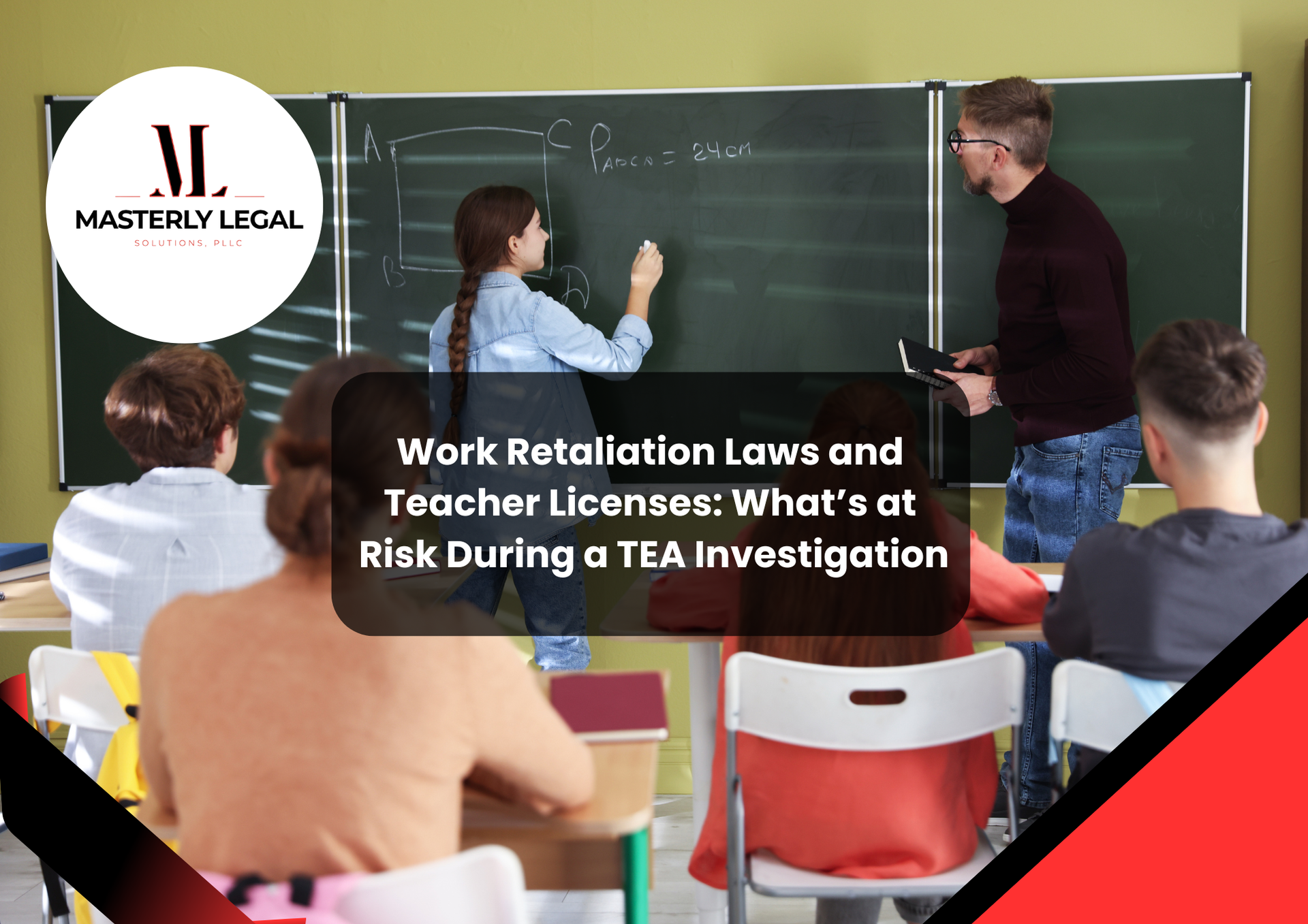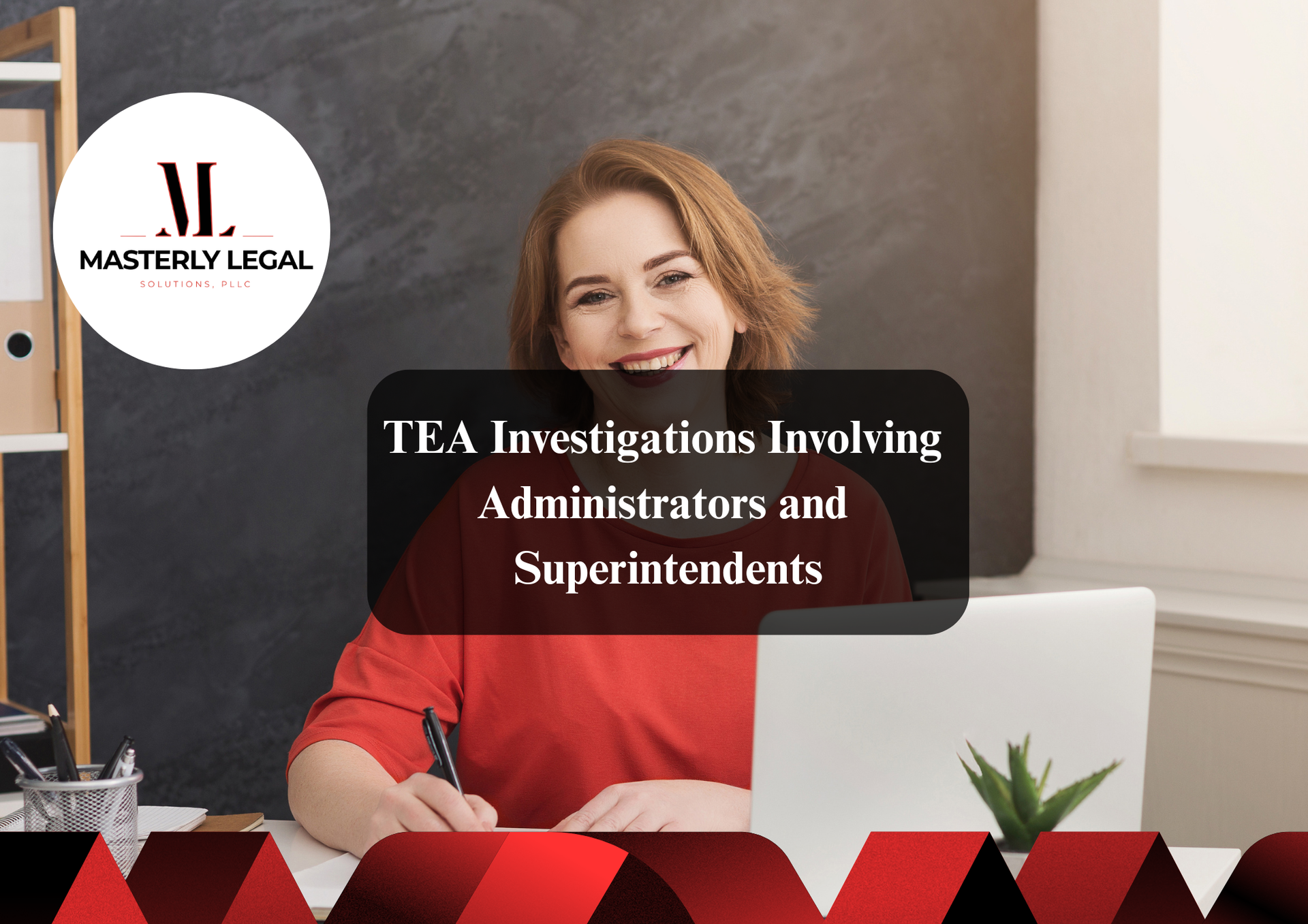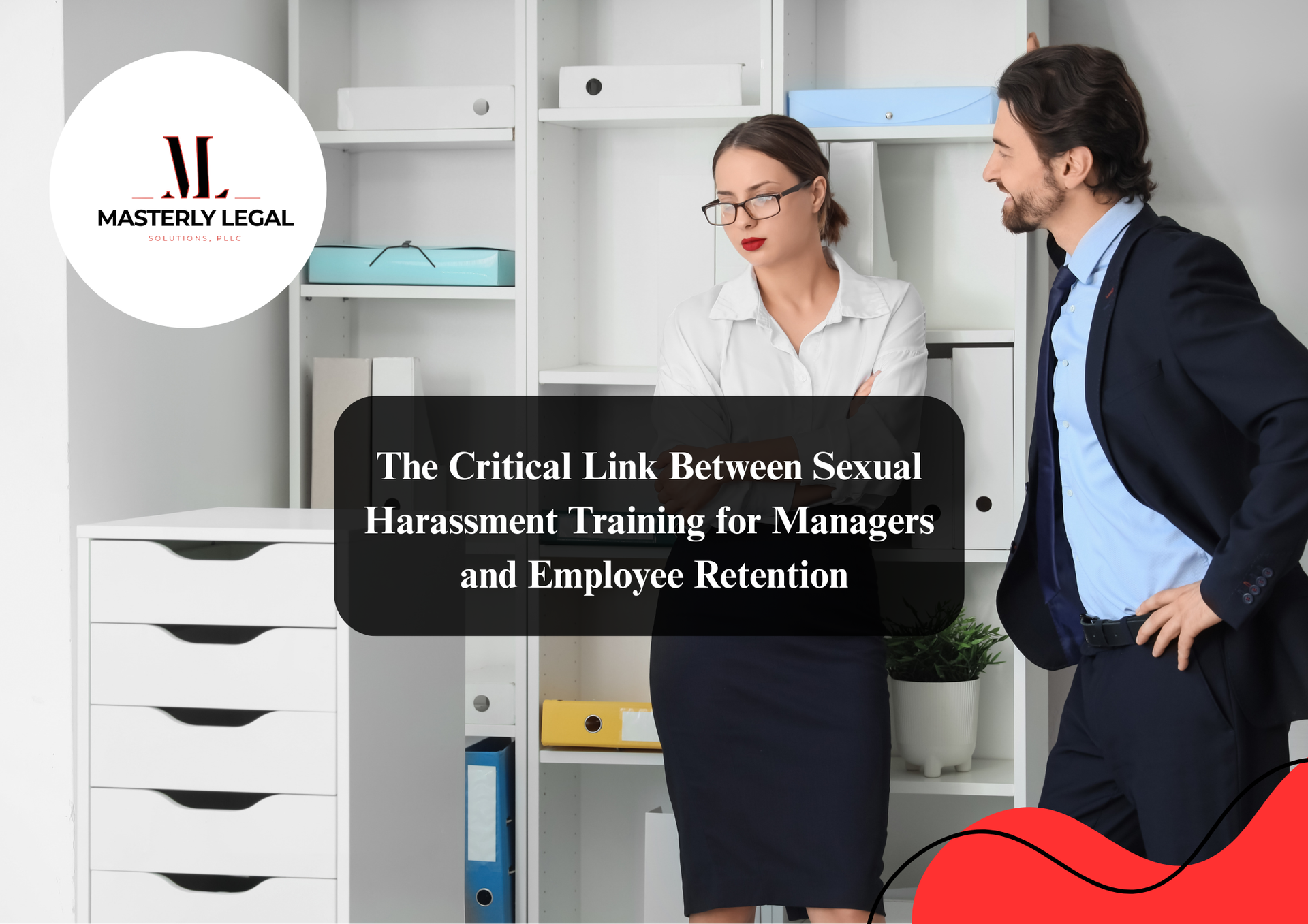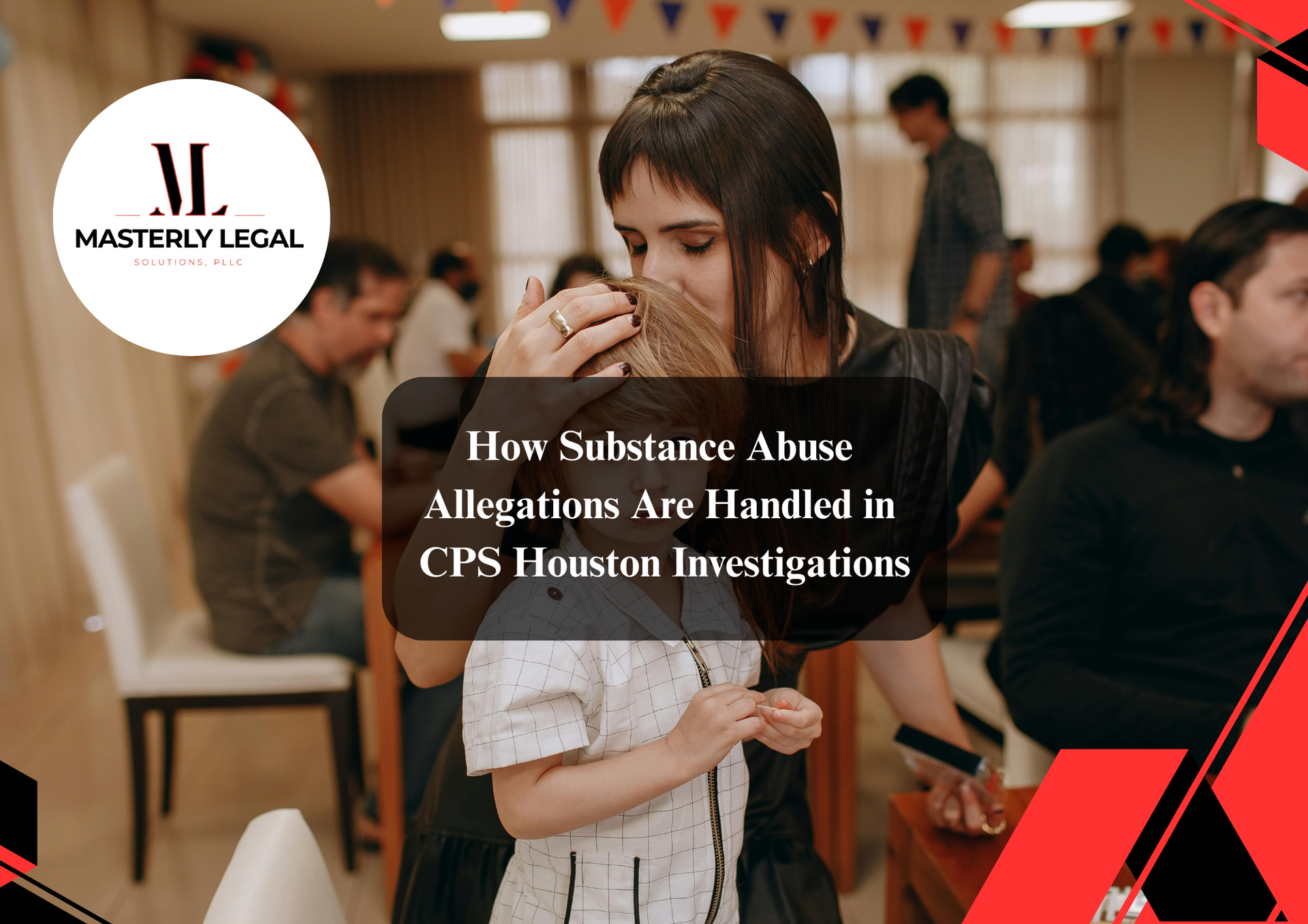Investigating Executive Misconduct: Legal Considerations for Businesses
Understanding the Stakes in Executive Misconduct
When allegations of misconduct arise at the executive level, the impact can ripple across an organization. Companies face risks not only to their reputation but also to their legal standing and compliance programs. Mishandled investigations may expose the business to liability, civil litigation, and even criminal prosecution. Because executives set the tone for company culture, their conduct influences employees across the organization.
Many organizations underestimate the negative consequences of delaying an investigation or failing to act with precision. Lost productivity, employee morale issues, and enforcement action by government regulators are all potential outcomes. To protect company property, trade secrets, and intellectual property, businesses must approach executive misconduct with careful legal guidance and structured investigation procedures.
The Role of Internal Investigations
Internal investigations are a vital tool for companies responding to allegations of misconduct. Such investigations provide relevant information needed to determine if remedial action is required. A workplace investigation of an executive requires discretion, impartiality, and strict adherence to company policies.
When corporate investigations are managed properly, they can uncover evidence, clarify facts, and preserve attorney client privilege. This legal protection allows attorneys and in house counsel to advise the board of directors and executives without fear that sensitive communications will later be exposed in civil litigation or government investigations.
Why Companies Must Take Action Quickly
Delays in conducting investigations can compromise evidence, weaken fact finding, and increase the risk of regulatory compliance failures. Federal agencies, government officials, and even homeland security may become involved when executive misconduct overlaps with white collar crime, foreign corrupt practices, or intellectual property theft.
Taking swift action shows government regulators and employees that the company is committed to a respectful work environment. It also helps avoid criminal penalties and reduces the likelihood of negative consequences such as reputational damage or enforcement action.
Common Allegations in Executive Misconduct Cases
Allegations of misconduct at the executive level often involve:
- Misuse of company property
- Breach of compliance procedures
- Employee disputes or harassment claims
- Financial irregularities that may trigger government investigations
- Foreign corrupt practices act violations and dealings with government agencies
- Intellectual property or trade secrets misuse
Each type of allegation requires companies to conduct an internal investigation with tailored procedures and experienced investigators.
The Investigation Process
The investigation process begins with a clear plan, developed by legal counsel in coordination with the company’s investigations team. Establishing internal procedures ensures consistency and fairness in how allegations are handled.
Steps in the investigative process often include:
- Reviewing company policies and compliance programs
- Collecting and preserving evidence, including text messages and digital communications
- Conducting witness interviews to gain relevant information
- Evaluating employee disputes and workplace complaints
- Delivering investigation findings to the board of directors or special committees
Conducting Internal Investigations with Legal Precision
Internal investigations law firms provide extensive experience in conducting internal investigations for companies facing complex allegations. Their attorneys guide the investigation process to ensure attorney client privilege remains intact and that investigative steps align with corporate compliance programs.
By working with legal counsel, companies can avoid common mistakes and ensure their investigation process meets the standards expected by federal prosecutors, government regulators, and the exchange commission.
The Importance of Corporate Investigations in Governance
Corporate investigations reinforce governance by helping the board of directors oversee executive conduct. They also support company policies aimed at creating a respectful work environment. When performed investigations are thorough, they strengthen the company’s compliance programs and reduce exposure to government litigation or employment litigation.
Executives and employees alike benefit from knowing that alleged misconduct will be addressed consistently. This fosters employee trust and minimizes employment disputes.
Government Involvement and Enforcement Risks
In some cases, workplace investigation findings may attract the attention of federal agencies or government officials. Criminal investigations can escalate when evidence suggests criminal activity, such as bribery under the foreign corrupt practices act or misuse of intellectual property.
Government agencies like the inspector general or law enforcement may launch parallel inquiries. This can lead to enforcement action, government litigation, or even criminal prosecution if companies fail to cooperate or if attorney client privilege is mishandled.
Role of Attorneys in Complex Investigations
Attorneys with a proven track record in complex internal investigations understand the challenges companies face. They coordinate with investigators, conduct fact finding, and provide legal counsel throughout the investigative process.
Clients benefit from their extensive experience in handling allegations ranging from employee misconduct to white collar crime. A skilled investigations team ensures cost effective strategies while maintaining compliance procedures and minimizing litigation risks.
Protecting Employees and Company Interests
Executive misconduct affects more than leadership—it impacts employees at every level. Employees may lose confidence in management, leading to employee disputes or reduced morale. Protecting a respectful work environment requires swift remedial action when misconduct is substantiated.
Companies must also safeguard trade secrets, intellectual property, and company property. By engaging attorneys who understand employment law and corporate investigations, businesses can protect both their employees and their long-term interests.
How Investigators Gather Evidence
Investigators rely on multiple methods to collect evidence. These may include reviewing emails, monitoring text messages, or examining financial records. Witness interviews provide critical insights into alleged misconduct and help clarify whether allegations have merit.
Experienced investigators ensure the investigation process is defensible in civil litigation, employment litigation, or government litigation. Their work must be thorough, impartial, and consistent with regulatory compliance requirements.
Addressing Allegations and Findings
Once fact finding is complete, investigation findings are delivered to decision-makers such as the board of directors or special committees. Depending on the results, companies may need to take remedial action, revise compliance programs, or adjust internal procedures.
In some cases, the findings may reveal alleged misconduct requiring disclosure to government agencies or cooperation with federal prosecutors. Failure to act appropriately can increase exposure to criminal penalties and civil liability.
The Intersection of Employment Law and Corporate Investigations
Employment law plays a central role in workplace investigation cases involving executives. Companies must balance employee rights, attorney client privilege, and compliance procedures while conducting investigations.
Employment disputes or allegations of harassment may lead to employment litigation if investigations are mishandled. Proper investigative process not only protects employees but also shields companies from costly litigation.
Legal Considerations with Government Regulators
Government regulators expect companies to conduct an internal investigation when allegations arise. Companies that fail to comply may face criminal prosecution, enforcement action, or negative consequences under the foreign corrupt practices act.
Working with law firms that have a track record of dealing with government agencies helps businesses navigate these complex challenges. Skilled attorneys provide the legal counsel needed to protect companies during government investigations.
Involving the Board of Directors
The board of directors plays a critical role in overseeing complex internal investigations. They rely on legal counsel, in house counsel, and investigative findings to decide on remedial action.
When allegations involve executive misconduct, the board may form special committees to ensure independence in the investigation process. These committees often work directly with attorneys and investigators to protect attorney client privilege.
Safeguarding Company Assets During Investigations
Investigations often uncover risks to intellectual property, company property, and trade secrets. Alleged misconduct by executives may involve misuse of sensitive data or misappropriation of resources.
Protecting these assets requires strong compliance programs and investigative procedures. Companies must conduct an internal review of how property is accessed, stored, and monitored.
Compliance Programs as a Preventive Tool
Well-designed compliance programs reduce the likelihood of misconduct and create a framework for conducting investigations. Employees who understand company policies are less likely to engage in misconduct.
Compliance programs also demonstrate to government regulators and law enforcement that the company is committed to regulatory compliance. This can reduce the severity of criminal penalties if misconduct does occur.
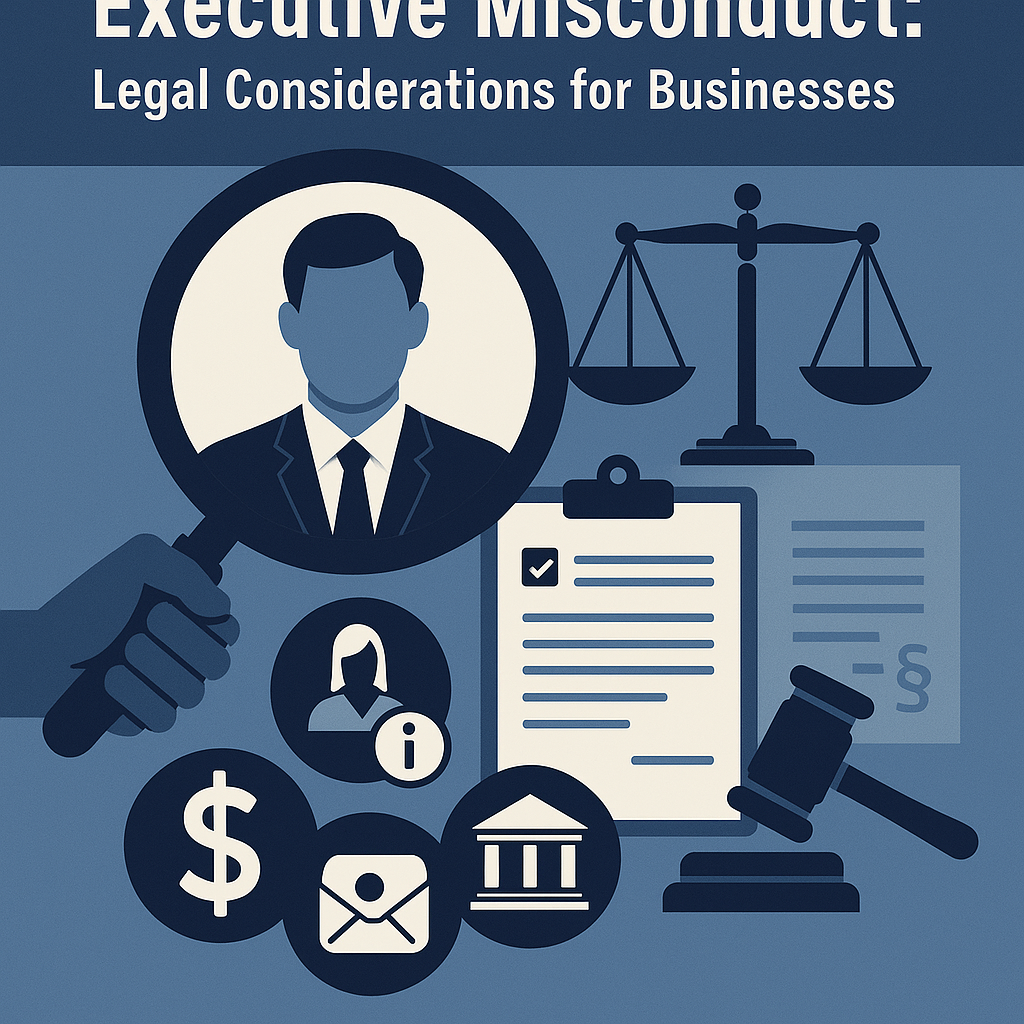
Litigation Risks in Misconduct Cases
Corporate investigations often intersect with litigation. Civil litigation, employment litigation, and even government litigation may follow investigation findings. Attorneys must prepare clients for potential criminal investigations and civil claims arising from alleged misconduct.
By conducting investigations carefully and preserving attorney client privilege, companies can reduce the risks associated with litigation.
Why Experience Matters in Executive Misconduct Cases
Choosing law firms with extensive experience in corporate investigations ensures companies receive effective representation. Attorneys with a proven track record bring credibility when interacting with government officials, law enforcement, and federal prosecutors.
Clients benefit from legal counsel that understands how to conduct an internal investigation efficiently while protecting employee rights and company interests.
Moving Forward After an Investigation
When investigations conclude, companies must take remedial action to strengthen internal procedures and compliance programs. This may include revising company policies, improving investigative process protocols, or providing additional training for employees.
Such investigations should lead to meaningful improvements that restore employee morale and prevent future misconduct. Addressing allegations with transparency demonstrates accountability to both employees and regulators.
Leveraging Legal Expertise in High-Stakes Investigations
When businesses face allegations of executive or employee misconduct, the stakes are high and the risks are significant. Partnering with internal investigations law firms ensures that companies have access to attorneys who understand the complexity of government investigations and the role of law enforcement in regulatory oversight. These professionals help companies conduct an internal review that protects sensitive communications under attorney client privilege while gathering reliable investigation findings. A skilled investigations team not only provides clarity on the scope of the allegations but also ensures that evidence is handled properly, reducing the risk of civil or criminal liability. By approaching misconduct with a structured legal strategy, businesses can demonstrate accountability and strengthen trust across the organization.
Contact Masterly Legal Solutions
If your company is facing allegations of executive misconduct, don’t navigate these challenges alone. At Masterly Legal Solutions, our attorneys have extensive experience in corporate investigations, government investigations, and workplace investigation cases. We help companies protect their employees, intellectual property, and compliance programs while safeguarding attorney client privilege.
Our proven track record in conducting internal investigations allows us to provide cost effective strategies tailored to your business. Whether you are dealing with employee misconduct, alleged misconduct at the executive level, or potential government inquiries, our investigations team is ready to guide you through every step of the process.
Contact us today at (972) 236-5051 for a free consultation so we can answer your questions and develop a strategy that protects your company’s future.
Disclaimer: The information provided here is for general informational purposes only and does not constitute legal advice. Contacting Masterly Legal Solutions or requesting a consultation does not create an attorney-client relationship. Each situation is unique, and outcomes will vary depending on the specific facts and applicable law. For advice regarding your particular circumstances, please consult directly with one of our attorneys.
Looking for Legal & Business Solutions? Contact Us Now
Fill in the form or call us to set up a meeting

